In today’s digital era, the market for digital products has experienced an unprecedented surge in demand. Therefore, the opportunities to create and sell digital products are abundant. However, navigating the intricacies of selling digital products can be daunting for you and creators alike. This article aims to demystify how to sell digital products and provide you with essential insights and strategies to sell digital products online effectively.
This article by LitExtension – #1 Shopping Cart Migration Expert covers these main parts:
- How to sell digital products in 5 steps
- Top 10 types of digital products to sell online
- Why should you sell digital products?
- 3 best platforms to sell digital products online?
Whether you’re a seasoned business owner or a budding creator, this guide will equip you with the knowledge and tools you need to thrive in the digital marketplace.
Now, let’s get started!
How to Sell Digital Products: A 5-Step Guide
Digital products are intangible assets or media that may be stored electronically and sold online without the requirement for physical stock control. These products are frequently downloadable or streamable in PDFs, MP3s, movies, software, templates, and other media.

So, how to sell a digital product?
In my experience, you should have the following 5 basic steps to start selling digital products:
#1 Brainstorm and research ideas
The first step in selling a product online is to brainstorm and research ideas. Start by identifying your areas of expertise or passion. What knowledge or skills do you possess that could be valuable to others? Consider your hobbies, professional experience, or educational background.

Next, research the market to understand the demand for different types of digital products. Look for gaps or niches that are underserved or where you can bring a unique perspective. Explore online marketplaces, forums, and social media platforms to gain insights into what potential customers are seeking.
#2 Niche down and define a target market
Once you have a general idea, it’s crucial to narrow down your focus and define a target market. Trying to cater to a broad audience can dilute your message and make it challenging to stand out. By niching down, you can tailor your digital product to a specific group of people who are more likely to be interested and willing to pay for it.
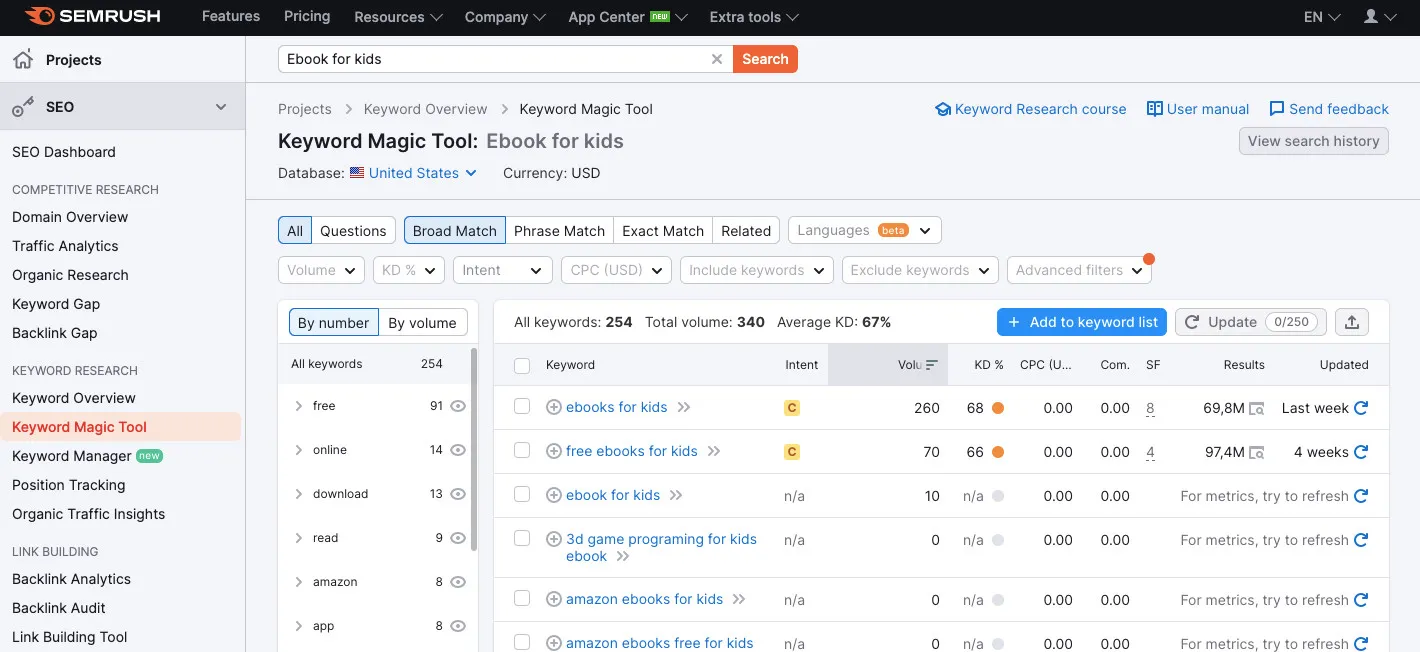
Consider factors such as demographics, interests, and pain points of your target audience. This will help you create a product that addresses their needs and desires more effectively. The more you understand your target market, the better you can tailor your marketing efforts to reach and connect with them.
#3 Validate your idea
Before creating your digital product, you need to validate your idea, including its market viability and potential profitability. Start by seeking feedback from your target audience or conducting market research surveys. Then, you can engage in conversations with potential customers to gather insights and validate the high-demand product to sell.
For instance, if you’re selling services with a saturated market, you’d want to differentiate yourself with USP (unique selling point), like competitive pricing/ fast turnaround time, etc. Understanding your competitive landscape will help you position your product effectively and differentiate it from others.
#4 Create your digital products to sell online
With a validated idea in hand, it’s time to create your digital product. The type of digital product you choose will depend on your expertise and target audience. Some popular digital products to sell include eBooks, online courses, templates, software, graphics, music, and photography.

Ensure that your digital product provides value and solves a problem for your customers. You have to invest time and effort into creating high-quality content or developing user-friendly software. Then you should consider incorporating multimedia elements, such as videos or interactive features, to enhance user experience.
Remember to continually iterate and improve your product based on customer feedback. This will help you maintain its relevance and keep customers satisfied.
#5 Create an online store

To sell digital products online, you need a platform to showcase and distribute them. Creating an online store is the key to reaching a wide audience and facilitating seamless transactions. Several platforms cater specifically to digital product sales, such as Shopify, Sellfy, and WooCommerce that we will mention in the next section of this article.
So, how to create a website to sell digital products? When setting up your online store, pay attention to design and user experience. Choose a clean and visually appealing layout that reflects your brand. Make the purchasing process simple and intuitive, minimizing any barriers to completing a sale.
Additionally, consider implementing marketing and promotional features to drive traffic to your store. You can utilize search engine optimization (SEO) techniques to improve your store’s visibility in search results and leverage social media platforms and email marketing to reach and engage with your target audience.
There is a fact that selling digital products online opens up exciting opportunities.
Top 10 Types of Digital Products to Sell Online
There are many different types of digital products that can be sold online. To help you to narrow down your options, we’ve listed the 10 best product to sell online below, alongside examples of successful sellers in that niche.
#1. EBooks (and audiobooks)
One of the best things to sell to make money is eBooks.
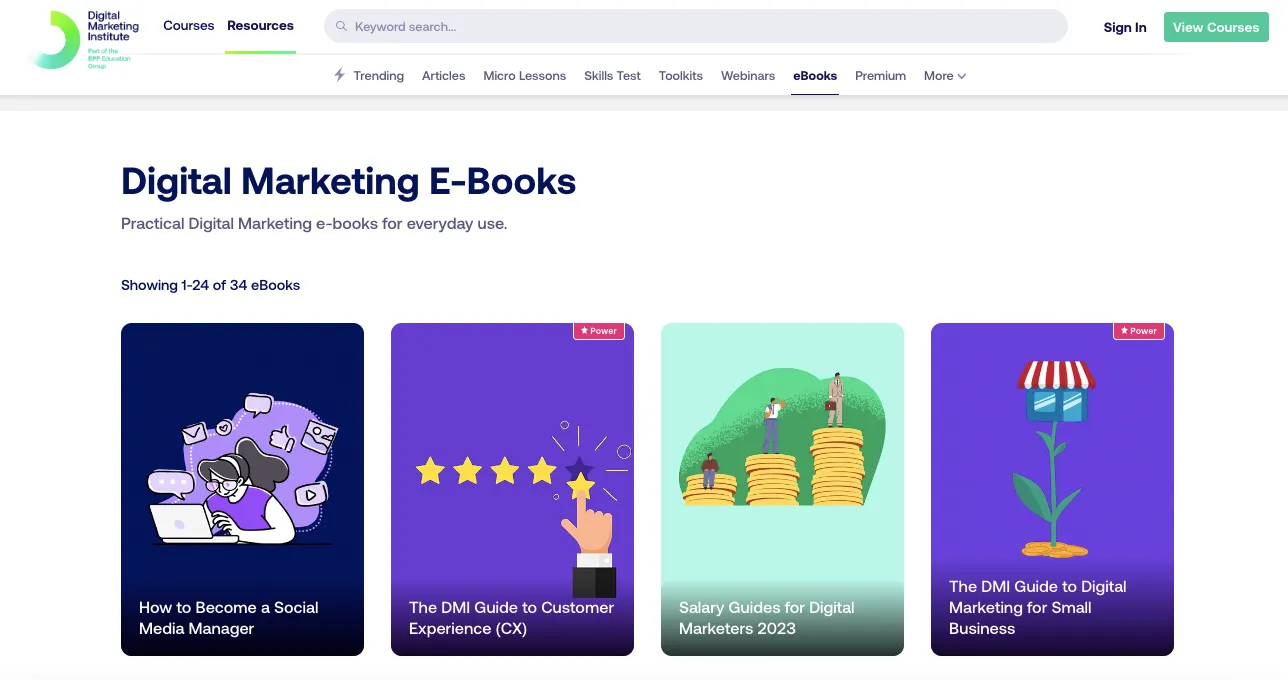
eBook – digital product distribution is simple.On huge marketplaces or independent online stores, eBook distribution is simple. They are simple for clients to consume because they can read them on e-readers, tablets, laptops, and even their cell phones.
You can share nearly everything you know or are passionate, which is one of the best things about writing eBooks. With an eBook, you can instruct, counsel, or curate content to subsequently sell items online on your website.
#2. Online courses
Making and selling an online course is another fantastic option to earn money from your knowledge. Do you have a particular skill or expertise? Do you possess any talents that you believe might be useful to others? If so, you can package a digital product using those abilities and knowledge and sell it.
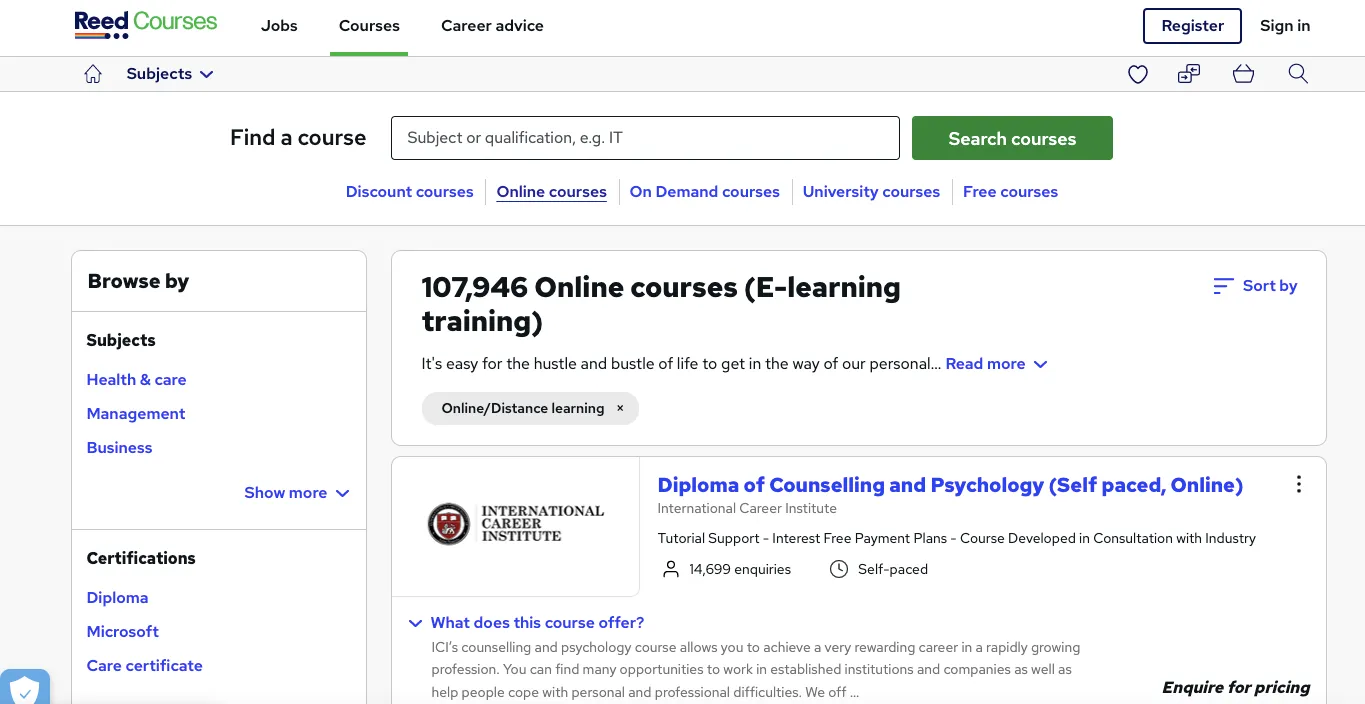
Here are some suggestions for several online course niches that have strong sales: Fitness courses, cooking courses, music courses, business and entrepreneurship courses, language learning courses, etc.
You must choose the media in which your course will provide (e.g., video, text, audio, etc.) once you have decided what to teach. Following that, you can develop a curriculum and begin writing your educational content. When developing your curriculum, you can draw inspiration from existing resources like PL-300 Exam Dumps. These materials can serve as valuable references to help structure your course content.
💎 Additional resource: How to Sell Courses on Shopify – Complete Guideline
#3. Memberships
A membership is the ideal digital product to sell if your objective is to create recurring revenue by continuously growing and serving a community.

Anybody who has specialized knowledge and a desire to share it with the world can start a membership website. A membership site can help you develop a regular revenue stream, whether you want to sell a number of online courses or only charge members.
#4. Templates
Another intriguing group of digital products that sell well online is templates. Even if you don’t have a lot of design experience, creating resume templates is really simple.
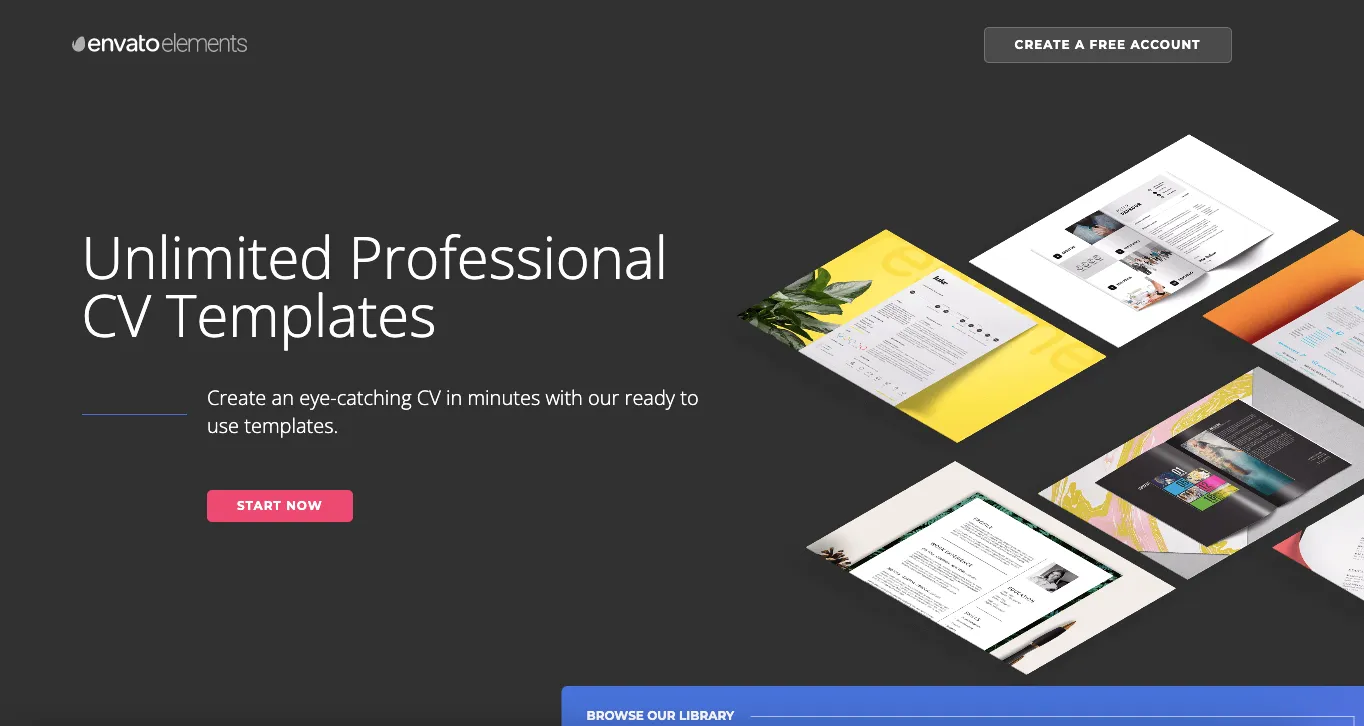
However, templates aren’t just for CVs and resumes. Emails, social media posts, PowerPoint presentations, Twitch overlays, business cards, and more may all be made using templates that you can sell.
💎 Some best templates to get you inspired:
- 30 Best Shopify Themes – Have You Got One?
- Top 8 Best BigCommerce Themes Under $200
- 19 Beautiful and Professional Wix Templates for Your Website
#5. Photography
The digital landscape is always hungry for high-quality photos. By selling your photos online, a keen photographer could make their pastime into a full-time job.

Whatever path you decide to take, having a strong photography portfolio that highlights your best work is essential. This will make you more distinctive from the throng. Besides, selling client-commissioned images, event photography services (think weddings, birthdays, etc.), and portraits might be more successful.
Or you might even offer products that were inspired by photography if you don’t wish to sell photographs.
#6. Digital art and graphics
If you’re a graphic designer or artist, you can produce a range of digital products and market them online.
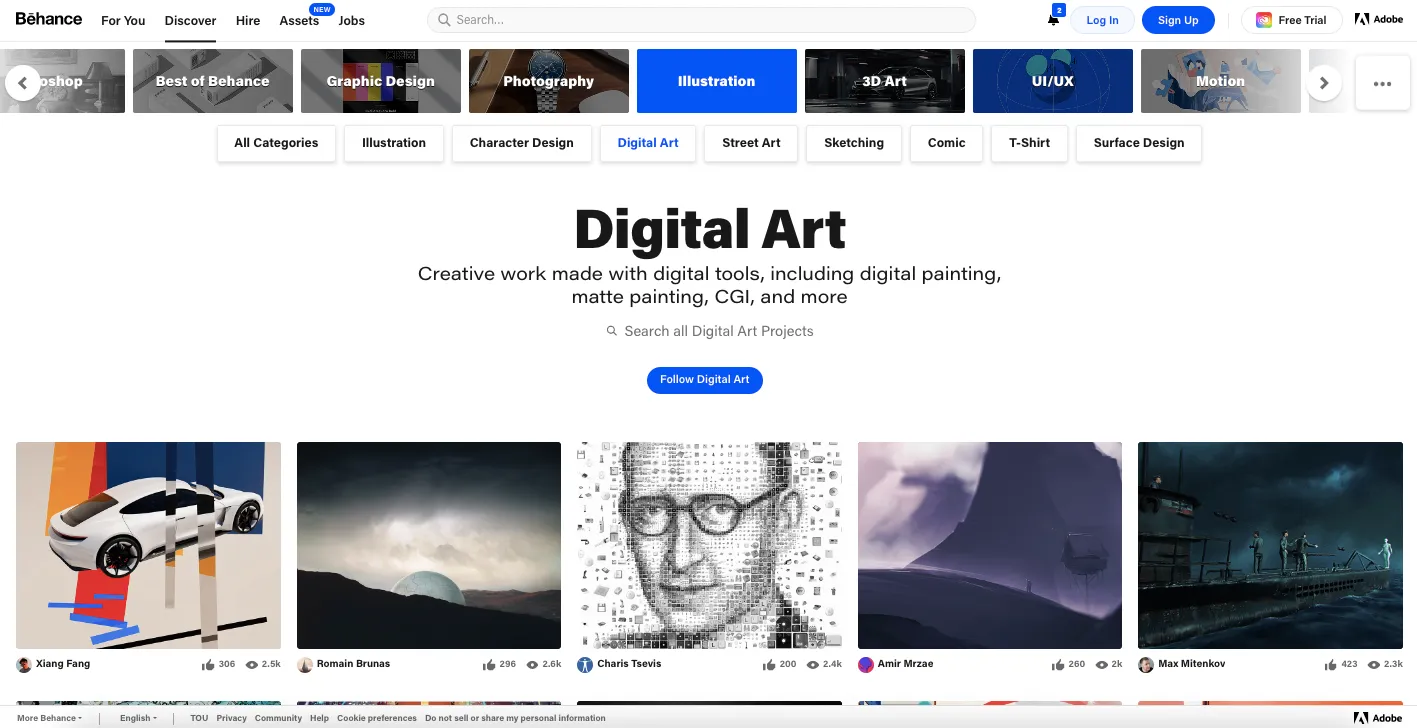
You can produce a variety of things, such as logos, design templates, unique digital artwork, clip art, patterns, brushes, backgrounds, icons, fonts, and more.
Additionally, producing assets for programs like Adobe PhotoShop, Canva, Affinity Designer, and Affinity Photo can help you earn money online.
#7. Music
If you’re a gifted musician, you might consider making money online by selling music and anything associated with music.
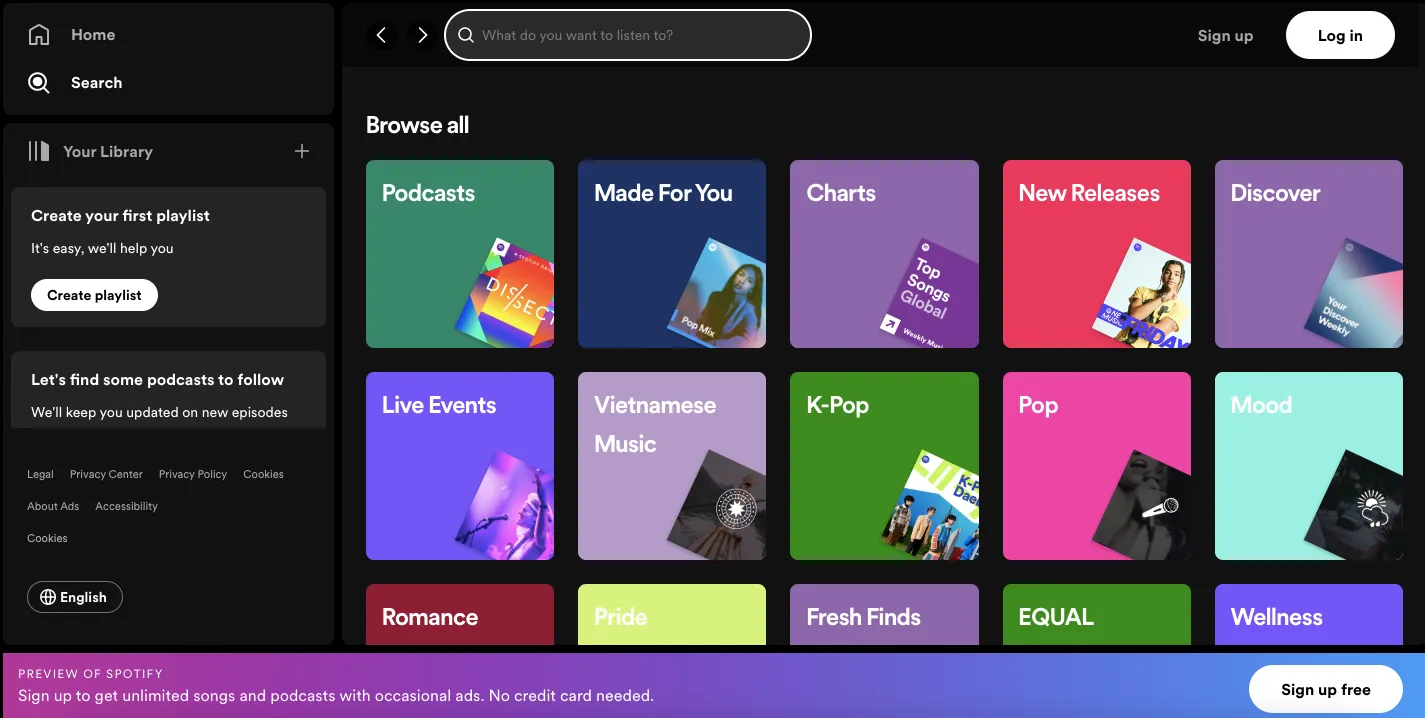
Selling licenses is the simplest illustration of this. There are countless producers, YouTubers, and filmmakers who need original music and sound effects for their projects. You can charge these organizations and allow them to use your music without violating copyrights.
What if you are eyeing digital marketplaces? Well, you can launch your music on Spotify for exposure and revenue generation. However, ensure you optimize your presence without diluting your brand.
If you have a fan base, you can sell entire albums or individual song files via your website store on streaming platforms like Spotify.
💎 Additional resource: How To Create A Musician Website: A Step-by-step Guide [With Tips]
#8. Software and apps
The software industry is enormous and consistently growing. The software can be the most profitable digital product. There are many opportunities.
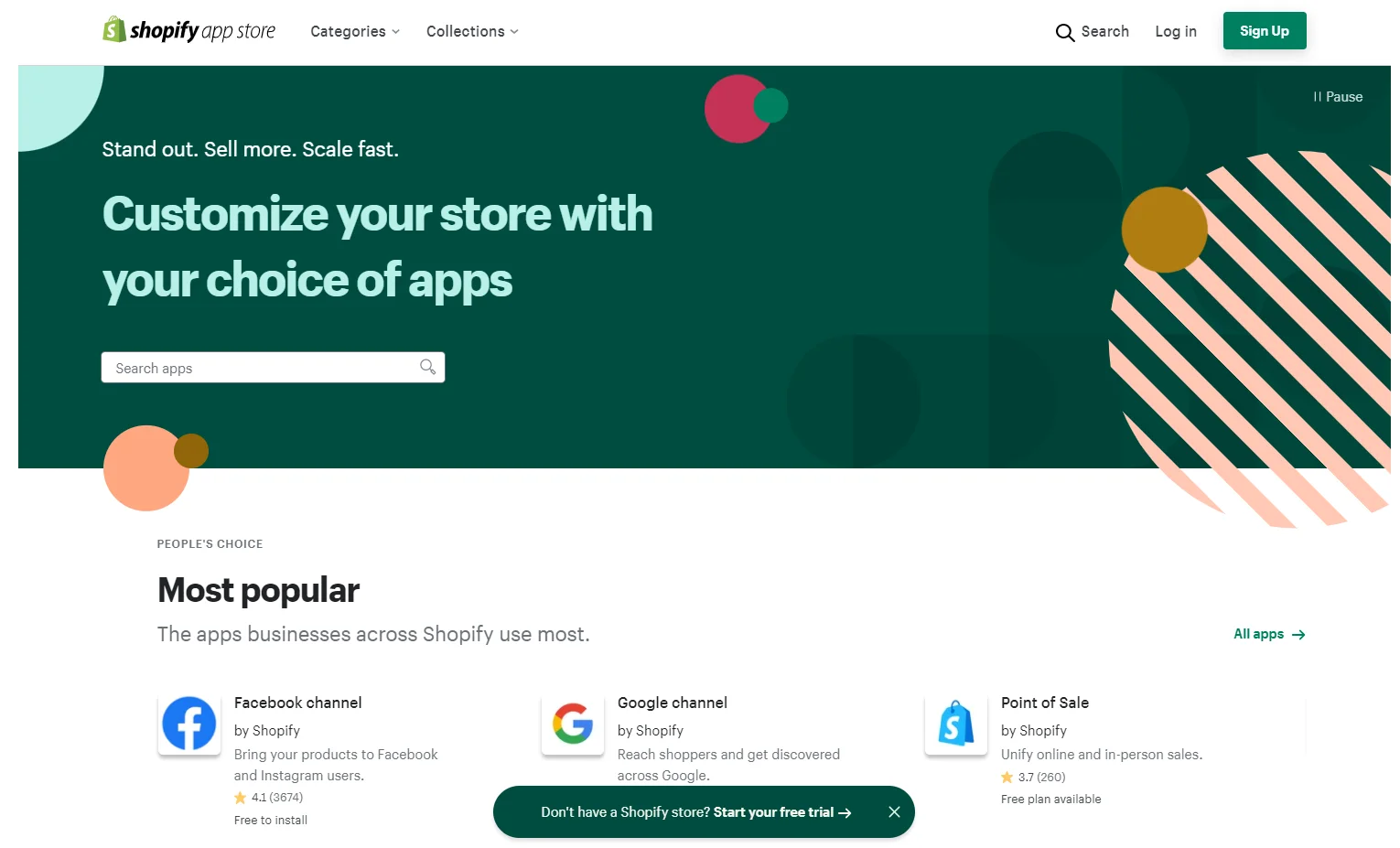
People use computers and mobile devices every day. So, developers can create apps that consumers want and need to expedite daily activities and work management.
Here are a few examples of software products you can create and sell, which range from major corporations to small businesses to individual users: WordPress themes, plugins, mobile apps, etc.
#9. Research and data
Do you carry out industry-wide research and surveys? If so, you can produce digital products and sell the research data.
Many companies are looking for information about their sector. They want to learn more about clients’ preferences and interests.
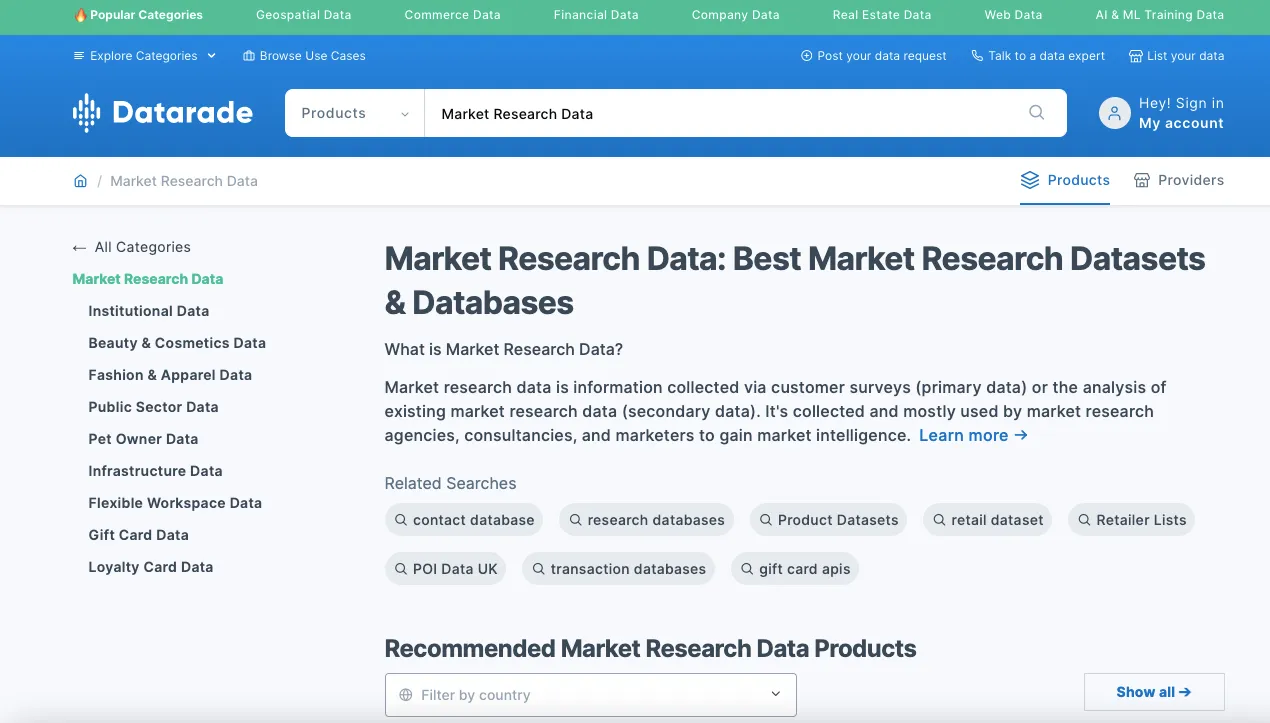
To obtain information, you can conduct study on well-liked subjects, work with businesses, or conduct surveys. Then you may produce a report, publish it on your website, and charge customers.
#10. Professional services
Whether they are in accountancy, psychology, design, analytics, or anything else, if you have any professional talents that can be offered online, you can sell these services as a digital good! You can set a price for the services you offer or charge on a case-by-case basis.

Why Should You Sell Digital Products?
From my knowledge, selling digital products offers a multitude of benefits and advantages. Here are 7 reasons why you should consider venturing into the world of digital product sales:
Low overhead costs
Unlike physical products, digital products do not require manufacturing, warehousing, or shipping. This significantly reduces overhead costs, allowing you to enjoy higher profit margins.
Scalability
Digital products have limitless scalability. Once created, you can sell them an unlimited number of times without incurring any additional production costs. This means your earning potential is not limited by inventory or production constraints.
Global reach
The internet provides a vast global marketplace where you can sell your digital products to customers worldwide. With digital delivery and instant access, you can eliminate geographic barriers and expand your customer base exponentially.
Passive income potential
Once you set up your online store and automate the sales process, you can continue to earn revenue even when you’re not actively promoting or selling. This allows for greater flexibility and the potential to generate income 24/7.
Expert positioning
Selling digital products allows you to position yourself as an expert or authority. Sharing your knowledge and skills through digital products establishes credibility and attracts potential clients or customers for related services or offerings.
Creative expression
Digital products provide a platform for creative expression. Whether you’re a writer, artist, or educator, digital products allow you to share your unique creations, insights, and expertise with a global audience.

Adaptability and iteration
Digital products are highly adaptable and can be easily updated or modified based on customer feedback. This flexibility allows you to refine your products over time, ensuring they remain relevant and valuable to your audience.
3 Best Platforms to Sell Digital Products Online?
When it comes to selling digital products online, choosing the right platform is crucial for a seamless and successful selling experience. Here are three of the best platforms which offer excellent features and user-friendly interfaces:
#1. Shopify

Shopify is a popular and comprehensive eCommerce platform that offers a range of features specifically designed for selling digital products. It provides a wide selection of customizable Shopify themes, an ecosystem of Shopify apps, secure digital file delivery, and an easy-to-use interface for managing your store.
How to sell digital products on Shopify? With Shopify, you can create a professional-looking online store, integrate various payment gateways, and leverage powerful marketing tools to promote your digital products. The platform also offers helpful resources and 24/7 customer support to assist you at every step of the process.
Dive into the world of Shopify with our extensive resources:
- Shopify Review: Is Shopify The Crown Jewel of The eCommerce World?
- The Full Costs of Owning a Shopify Website – A Shopify Pricing Breakdown
- Shopify Tutorial: 9 Complete Steps to Get Instant Sales
#2. FastSpring
FastSpring is a robust platform specifically tailored for digital product sales. It offers a user-friendly interface and supports multiple payment methods, including credit cards, PayPal, and various localized payment options. FastSpring provides secure file hosting and delivery, ensuring that your digital products are protected and easily accessible to customers after purchase.
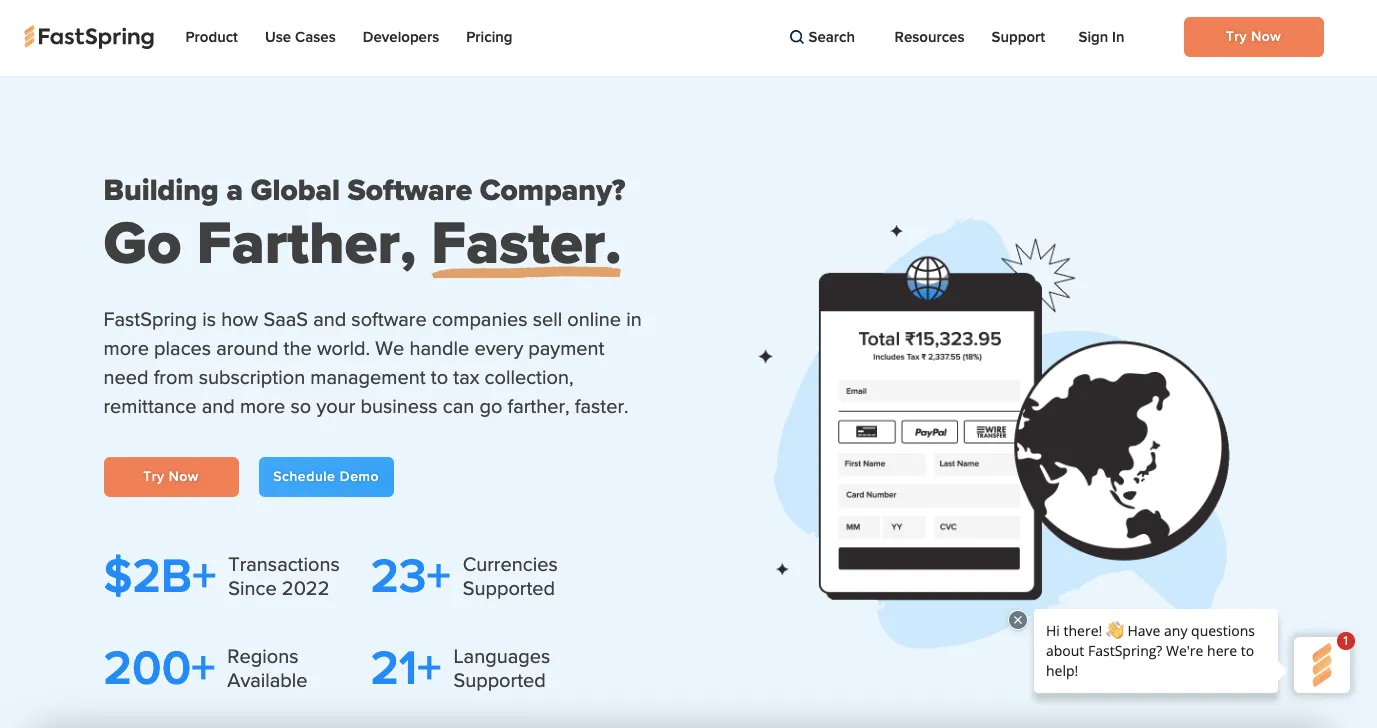
Additionally, it offers advanced features like flexible pricing options, subscription management, and global tax compliance. With FastSpring, you can efficiently sell software, digital downloads, subscriptions, and other digital products while enjoying reliable customer support.
#3. Sellfy
Sellfy is a platform designed for creators and artists who want to sell digital products with ease. It offers a simple and intuitive interface, making it beginner-friendly. Sellfy allows you to upload and sell a wide range of digital products, including e-books, videos, music, and design assets. It provides customizable product pages, integrated payment processing, and secure file delivery.
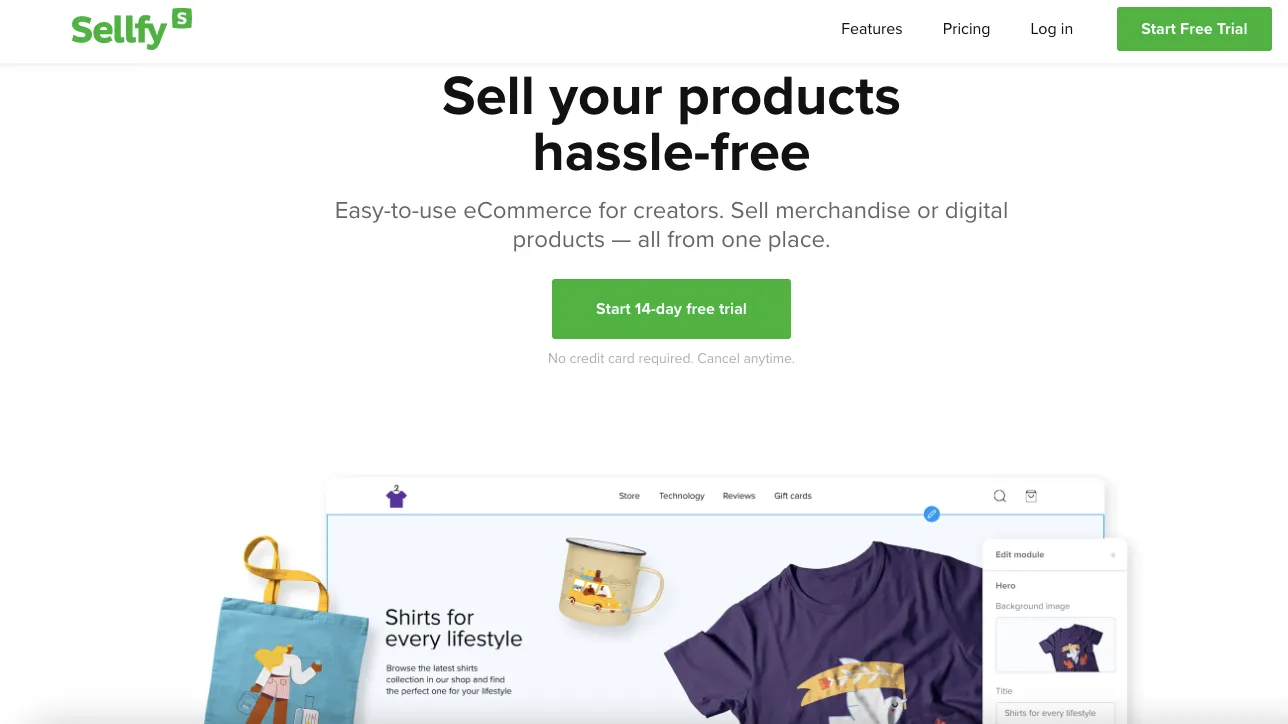
Sellfy also supports various marketing features, such as discount codes, affiliate programs, and email marketing integration. Additionally, Sellfy offers analytics and reporting tools to track your sales and customer data.
While these three platforms are highly recommended, it’s important to consider your specific needs and preferences when choosing the right one for your business.
Remember, the selling digital products platform you choose should provide a secure and reliable infrastructure, while also offering a seamless user experience for your customers. By selecting the right platform, you can optimize your sales process and effectively showcase and distribute your digital products to a global audience.
How to Sell Digital Products: FAQs
[sp_easyaccordion id=”61459″]
How to Sell Digital Products: Final Thoughts
Well, selling digital products has become a lucrative and accessible avenue for you to monetize your skills and knowledge.
LitExtension believes that following how to sell digital products in this article, from brainstorming ideas and defining a target market to creating your digital product and setting up an online store, you can confidently join the digital marketplace. Embrace the power of technology, leverage the right platforms, and embark on a rewarding journey of selling your digital products to a global customer.
Lastly, for more insider eCommerce news, tips, and tricks, check out LitExtension’s blog and Facebook Community.